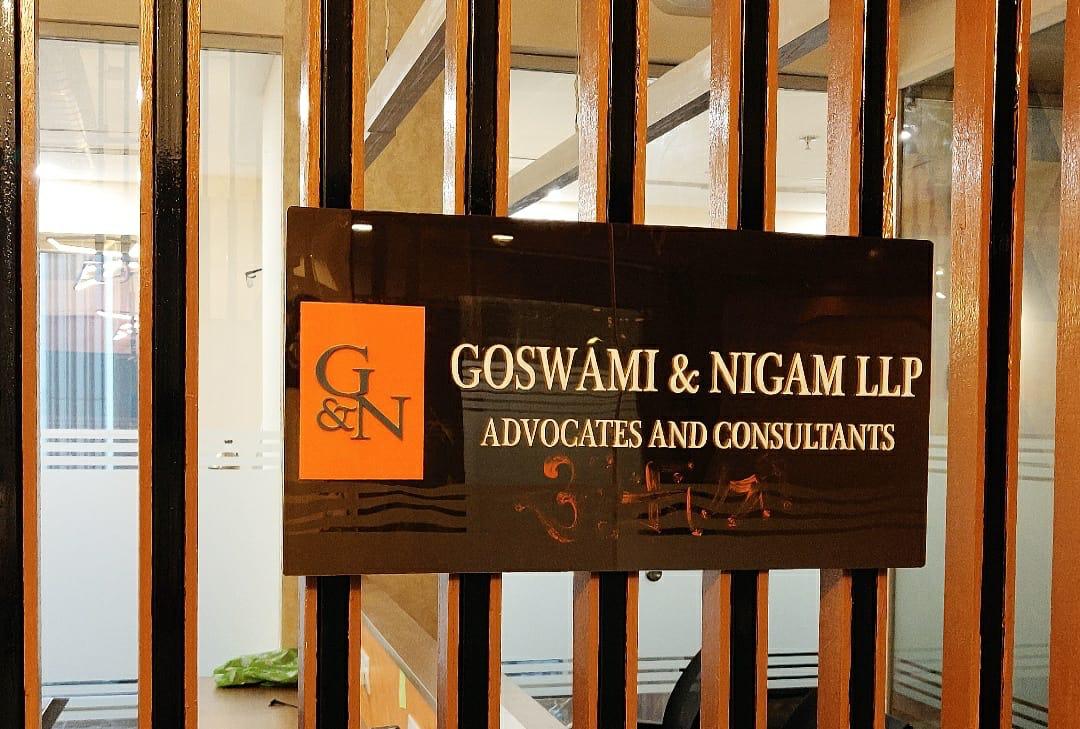Now Reading: Read to Know: Top World Leaders who pursued Law
-
01
Read to Know: Top World Leaders who pursued Law
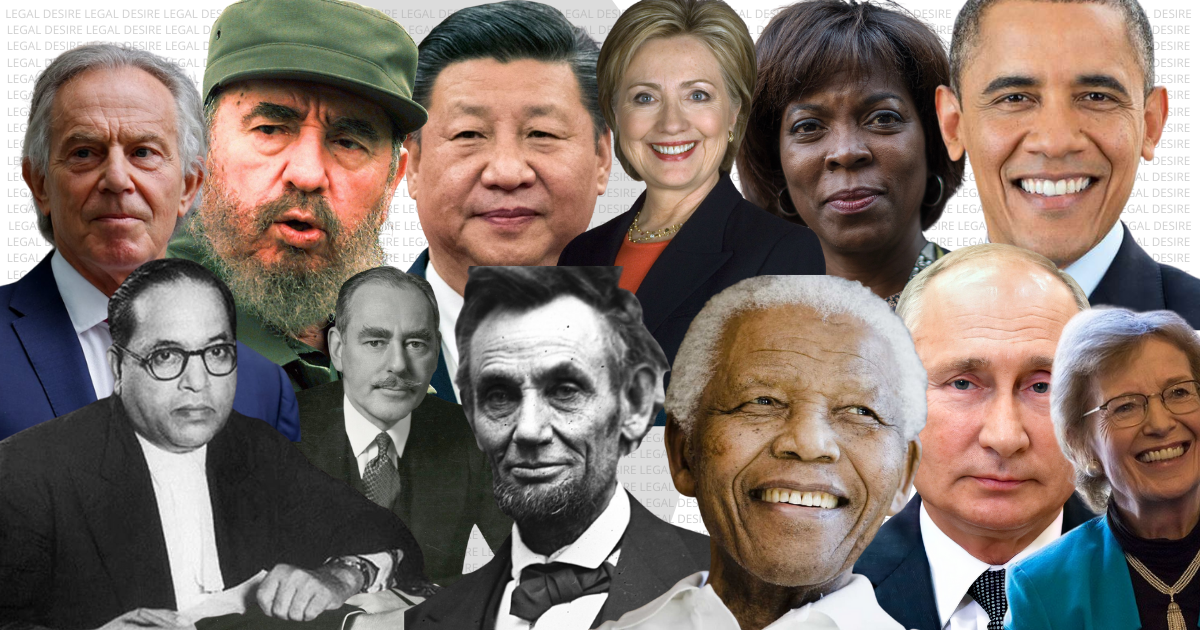
Read to Know: Top World Leaders who pursued Law
Law is one of the most sought-after grad degrees by students around the world. Law is a popular and successful career option. However, not many people know that many of the world leaders chose law for their careers. In this blog post, we will take a look at some of the world leaders who pursued the law as their career option. We can take some inspiration from these world leaders who pursued a law degree.
Bhimrao Ramji Ambedkar
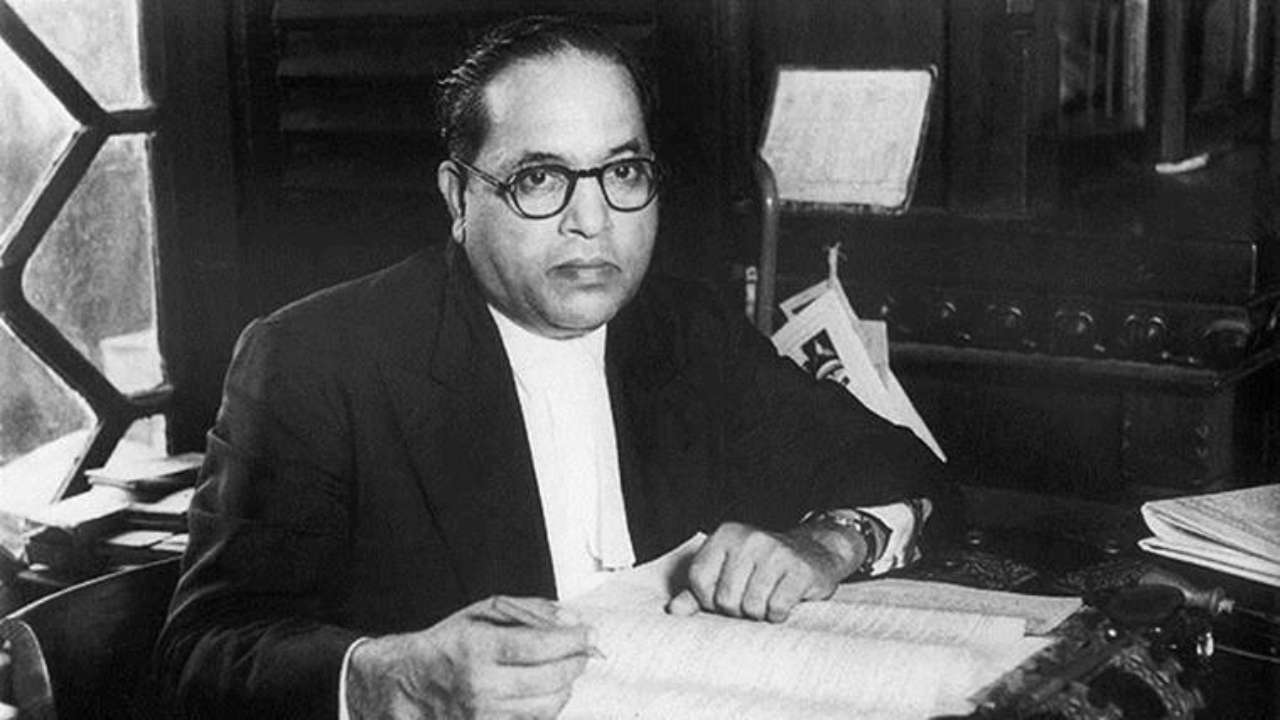
Source: India Today
He was an Indian jurist, economist, politician and social reformer, who inspired the Dalit Buddhist movement and campaigned against social discrimination towards the untouchables (Dalits). He was British India’s Minister of Labour in Viceroy’s Executive Council, Chairman of the Constituent Drafting committee, independent India’s first Minister of Law and Justice, and considered the chief architect of the Constitution of India.
Mahatma Gandhi

Source: National Herald
Before being the ideal figure of advocating non violence movement, he spent almost 25 years as a lawyer. Over his career as lawyer, he became a barrister in England, an advocate in India and finally an attorney in South Africa, all with developing a motive for social justice which ultimately became his legacy.
His famous saying, “The duty of a lawyer is always to place before the judges, and to help them to arrive at the truth, never to prove the guilty as innocent”, clearly defines how he was developed as a person due to the profession, who gave up the practice of law and devoted himself to public service. He played a key role in gaining India’s independence from colonisation of Britain.
Nelson Mandela
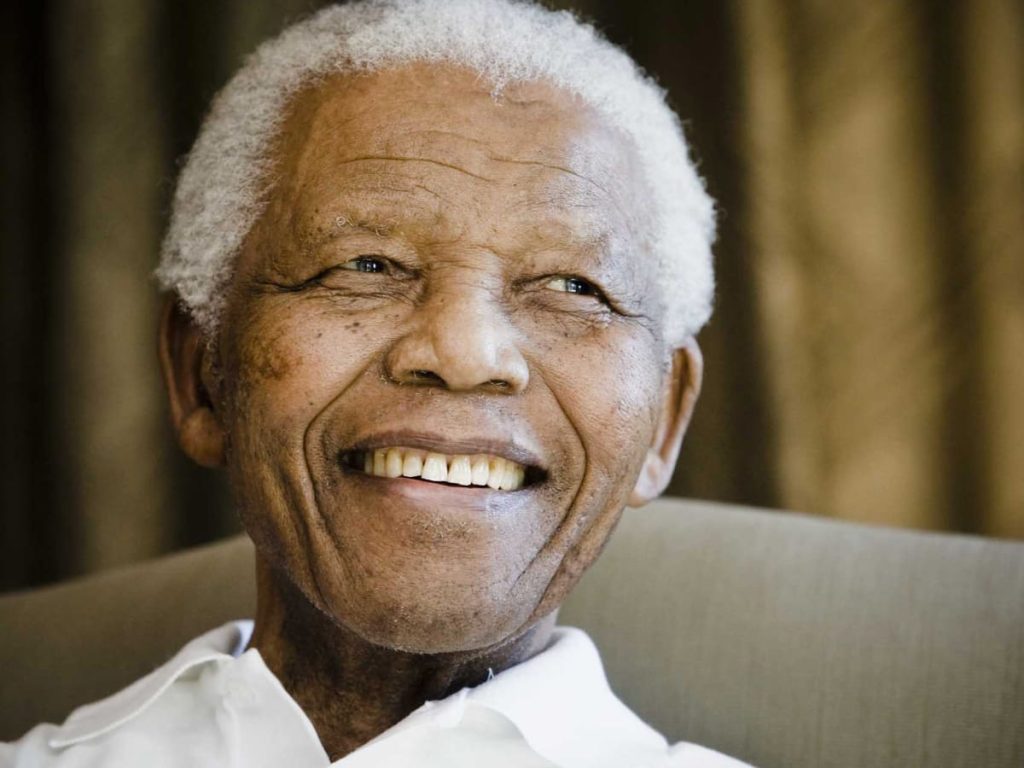
Source: History.com
The only Native African Student who went on to study law at the University of Witwatersrand in 1943, though due to his commitment towards politics and neglecting his studies, he failed his final year exam three times before finally leaving the university without a degree. Later, he qualified as a lawyer in 1952 by obtaining an Attorney’s Diploma and founded South Africa’s first black law firm, Mandela & Tambo with his friend, Oliver Tambo with a motive of providing affordable and easily accessible means for black Africans to access justice.
His practice of law and incisive mind served him well as a statesman, allowing him to build upon the political and legal ideas he formed as a leader of the African National Congress in crafting a post-apartheid nation.
Barack Obama
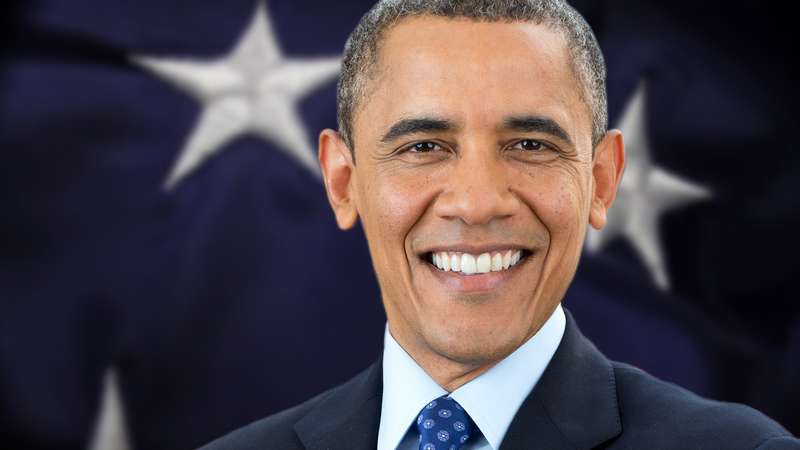
Source: Politico
Majoring in Political Science, he moved to Chicago and accepted a job as a community leader but had to face subsequent clashes with the bureaucracy of city hall. As a thought, he recalled that “I just can’t get things done here without a law degree”. The drive to make a difference pushed him to enroll at Harvard Law School, where he graduated magna cum laude, thereafter beginning his career as a civil rights attorney. He also served as professor at the University of Chicago Law School, where he was highly regarded by his students.
Command of both grassroots activism and the best use of existing power structures arguably proceeds what it takes to be a successful politician.
Vladimir Putin

Source: Wikimedia Commons
Vladimir Putin is more renowned for his hard-line leadership style, uncompromising foreign policy, and well-crafted tough guy image than for his legal knowledge. However, Russia’s head of state studied law at Russia’s oldest law school, St Petersburg State University (formerly Leningrad State University). While Putin has never practiced as a lawyer, he has applied his legal knowledge in his role as both a politician and a KGB operative.
Fidel Castro
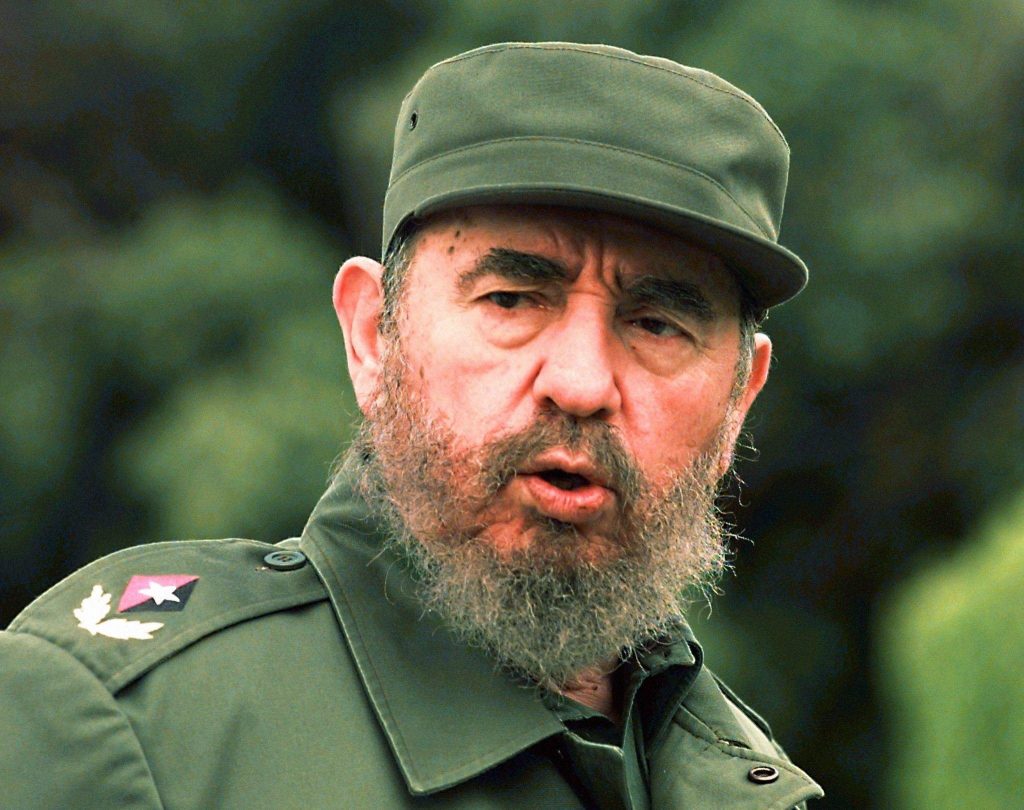
Source: National Record
Much of Castro’s political ideology was formed during his early adulthood while studying law at the University of Havana. He took to student activism shortly after his admission in 1945 and made headlines in several newspapers for a speech condemning the corruption of the then-president of Cuba, Ramón Grau. His prominence in anti-government movements grew throughout his university career and persisted until his certification as a Doctor of Law in 1950.
Upon graduating, Castro co-founded a legal partnership primarily concerned with providing aid to poor Cubans. The venture was not profitable, however, and Castro subsequently joined the Cuban People’s Party and began a foray into politics. In 1953 he began a guerrilla war against the Batista regime, and by 1959 had become the effective head of state in Cuba.
Hillary Clinton
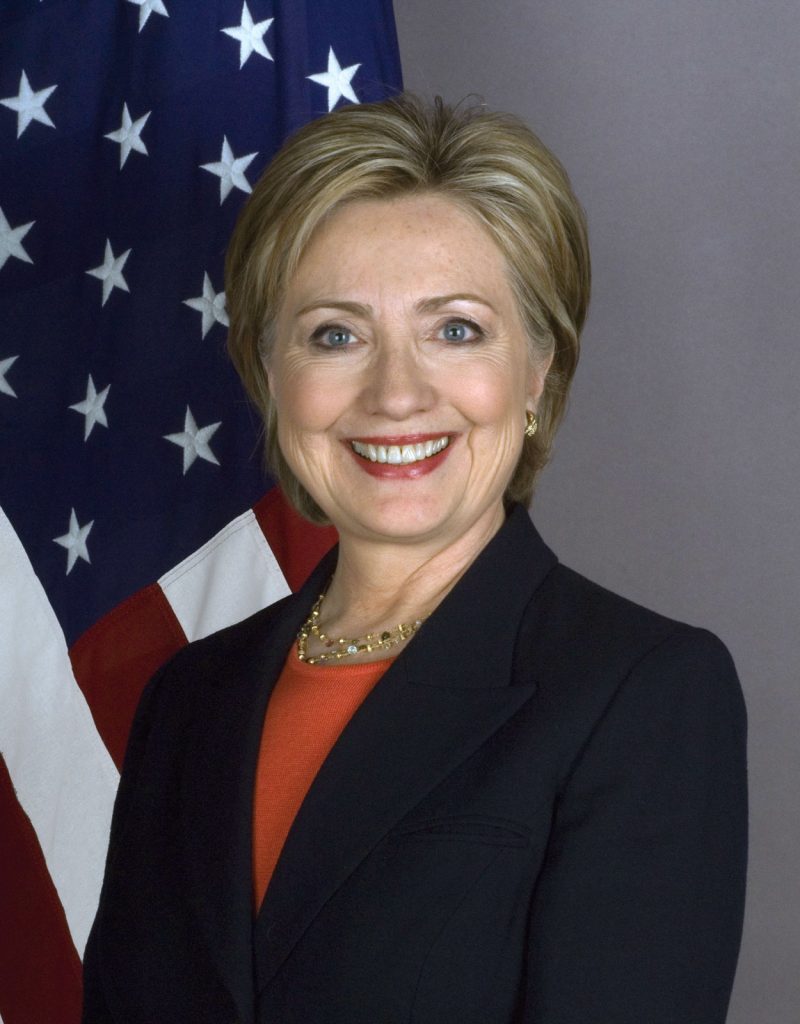
Source: Britannica
The 67th Secretary of State and a forerunner in the race of being the first woman President of the United States of America in the 2016 presidential campaign is a former Yale graduate.
She went on to earn her law degree from Yale University. In 1977, Clinton co-founded Arkansas Advocates for Children and Families. She was appointed the first female chair of the Legal Services Corporation in 1978 and became the first female partner at Little Rock’s Rose Law Firm the following year, the third oldest law firm in the USA. In 2000, she became the first female senator from New York. She majorly worked on the process of child advocacy, particularly relating to education provision for children with disabilities.
Tony Blair
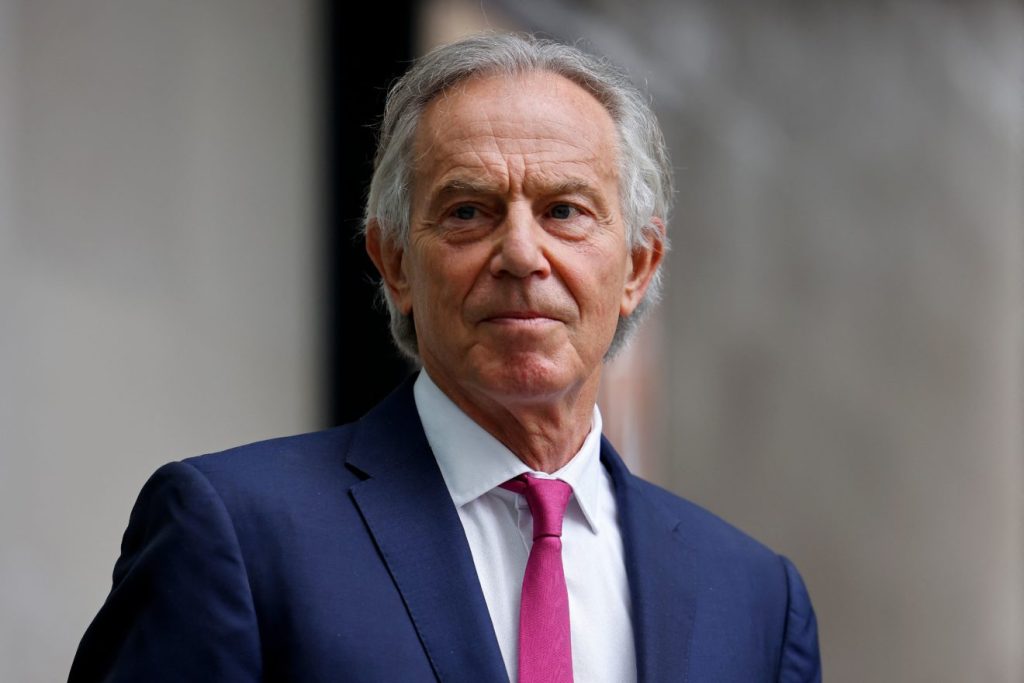
Source: Getty Images
Tony Blair was British Prime Minister from 1997 to 2007. He became a barrister, joining the Labour Party shortly after graduating from Oxford. From there, his political career went from strength to strength. He became leader of the Labour Party in 1994, and won a landslide victory to become Prime Minister in 1997, giving Labour their largest ever parliamentary majority. He achieved success in areas such as the Northern Irish peace process, because of which he was awarded an honorary doctorate in Law by Queen’s University and the creation of a National Minimum Wage.
Ertharin Cousin
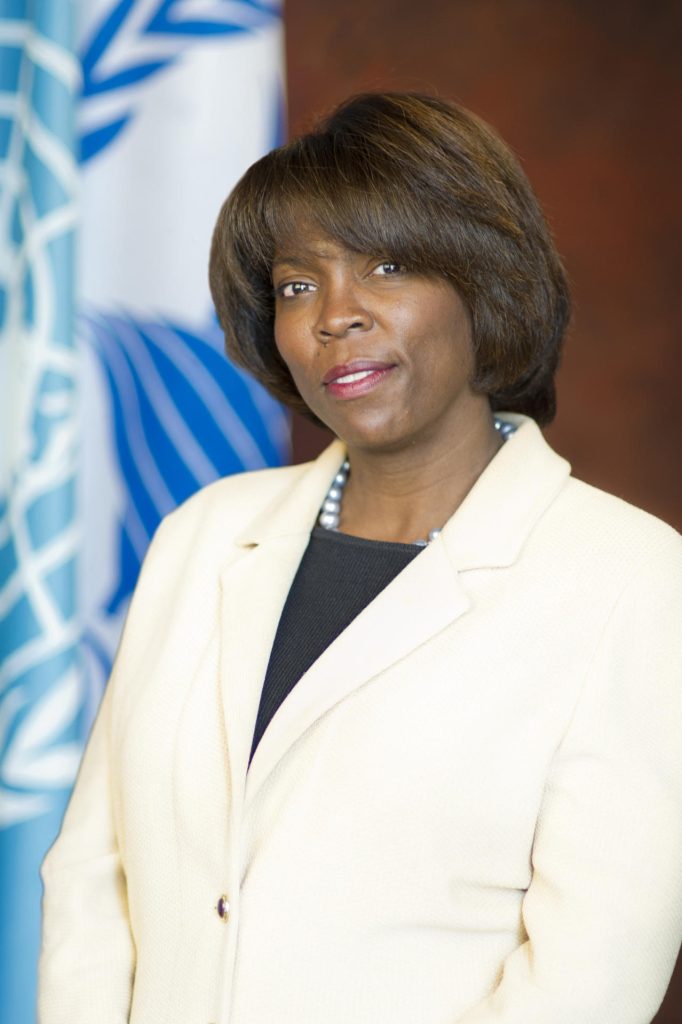
Source: WFP
The twelfth Executive Director of the United Nations World Food Programme is a former law graduate from the University of Georgia School of Law. Cousin has often been called “a Chicagoan who helps feed the world” for her community work in the lower-income neighborhood of Chicago.
Xi Jinping
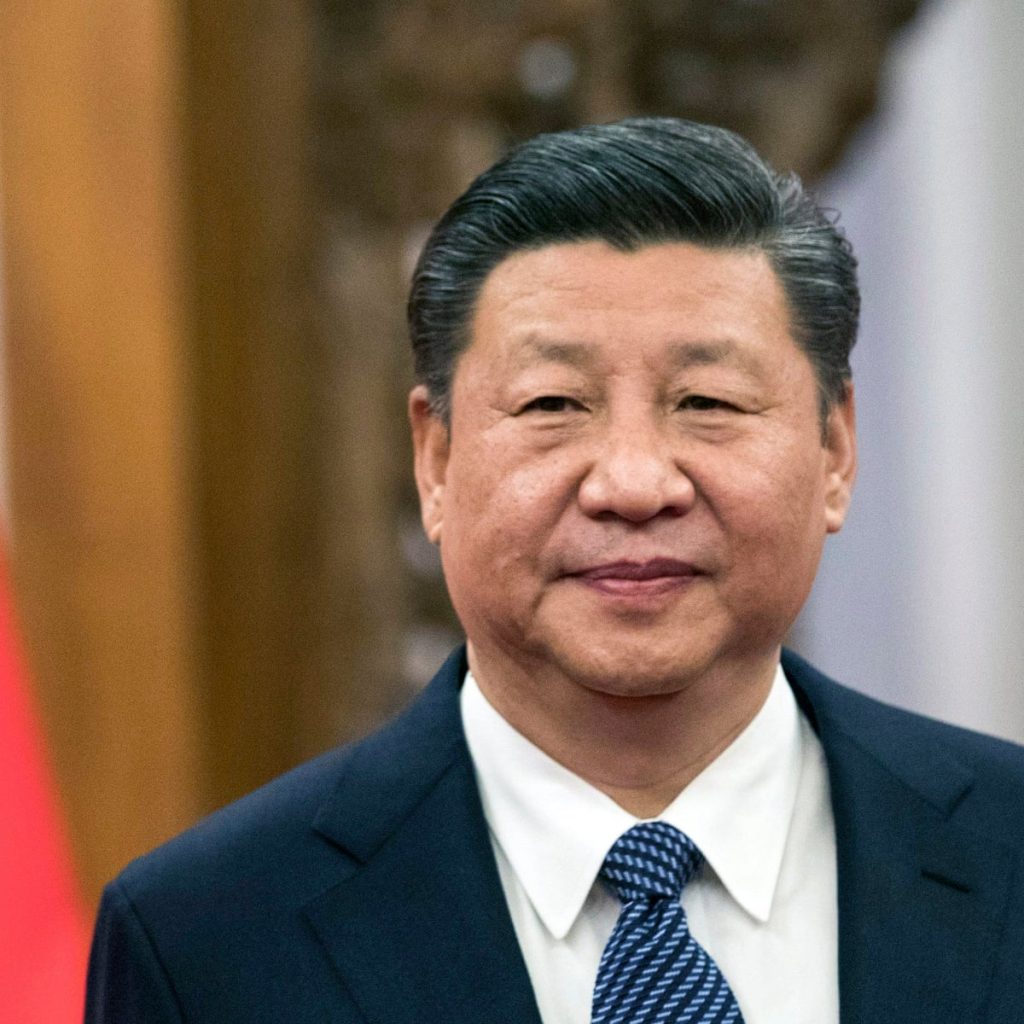
Source: The Guardian
President of the People’s Republic of China Xi Jinping has claimed many titles in his political career: Chairman of the Central Military Commission, General Secretary of the Chinese Communist Party, and, more simply, the “Paramount Leader”. The Chinese head of state is Doctorate, having obtained a Doctorate of Law (LLD) from Tsinghua University in 2002. His leadership skills and his work in the development of China has been hailed as- America’s greatest challenge and opportunity of the 21st century.
Dean Gooderham Acheson
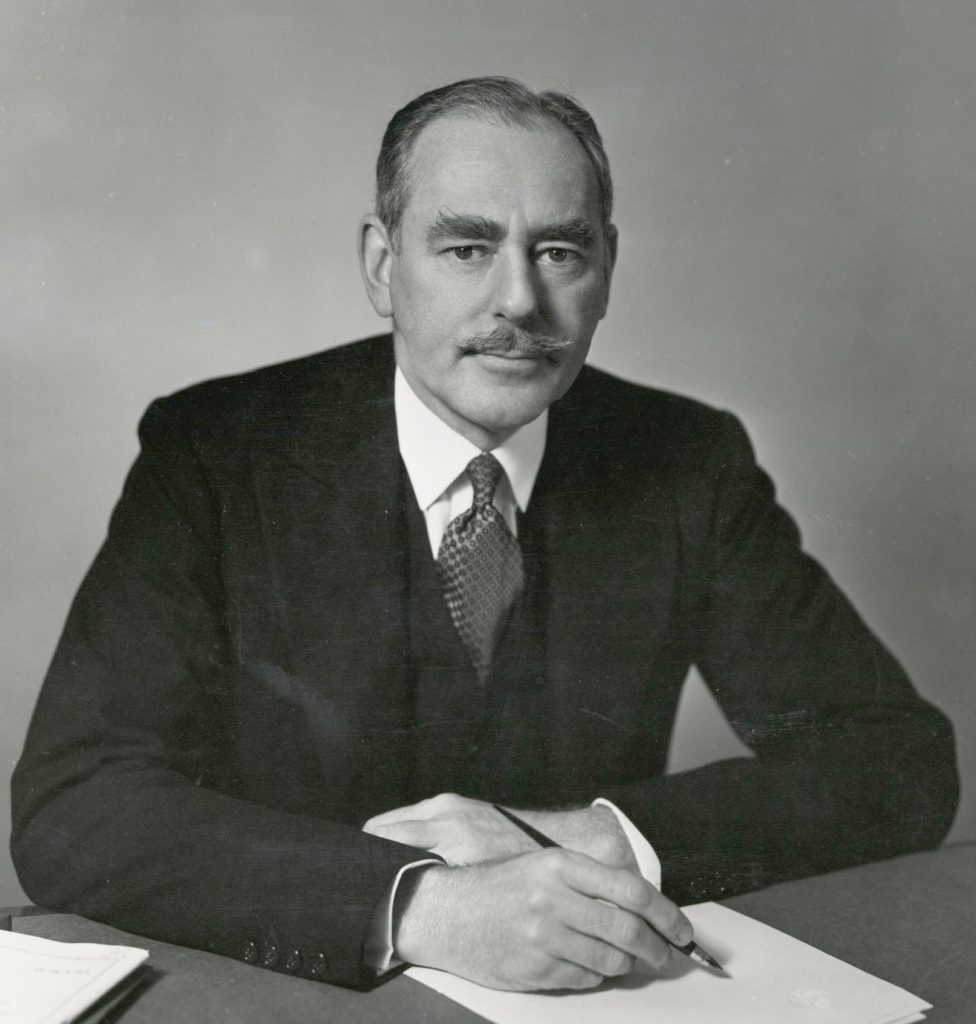
Source: Wikipedia
He was an American statesman and lawyer. As Secretary of State he set the Foreign policy of the Harry S. Truman administration from 1949 to 1953. He was Truman’s main foreign policy advisor from 1945-1947, especially regarding the Cold War. He became the principal creator of U.S. foreign policy in the Cold War period following World War II- policies regarding the Truman Doctrine, the Marshall Plan, the NATO alliance, containment, the global ideological and strategic challenge to the Soviet Union. He further helped to create the Western alliance in opposition to the Soviet Union and other communist nations.
Mary Robinson
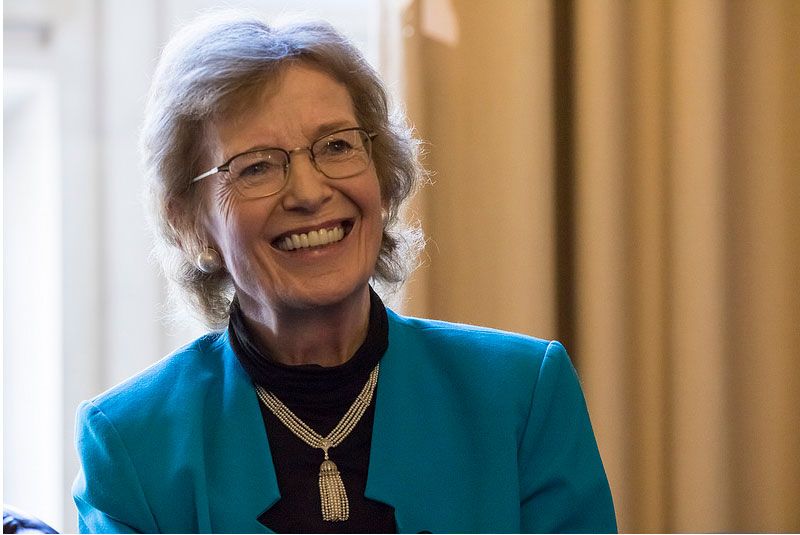
Source: UCLA Newsroom
The first woman President of Ireland and former UN High Commissioner for Human Rights; Chair of The Elders; a passionate advocate for gender equality, women’s participation in peace-building, human dignity and climate justice.
Robert Zoellick

Source: WBUR
He is an American public official and lawyer who was the eleventh President of the World Bank. He played a key role in the U.S.-WTO dispute against the European Union over genetically modified foods. In 1992, he received the Knight Commander’s Cross of the Order of Merit of the Federal Republic of Germany for his eminent achievements in the course of German reunification. In 2002, he was awarded an honorary Doctor of Humane Letters from Saint Joseph’s College in Rensselaer, Indiana. The Mexican and Chilean governments awarded him their highest honors for non-citizens, the Aztec Eagle and the Order of Merit, for recognition of his work on free trade, development, and the environment.
Navanethem Pillay
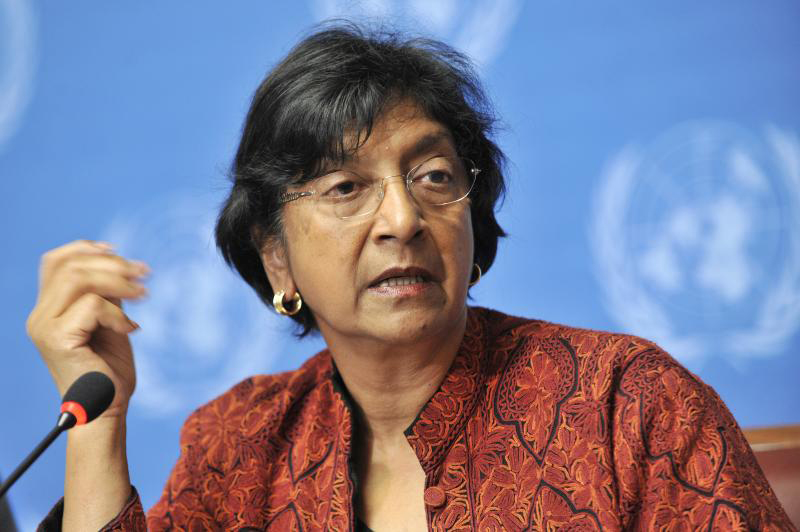
Source: Erasmus Magazine
She was UN High Commissioner for Human Rights appointed in 2008. Ms. Pillay, a South African national, was the first woman to start a law practice in her home province of Natal in 1967. As a member of the Women’s National Coalition, she contributed to the inclusion of the equality clause in the country’s Constitution that prohibits discrimination on grounds of race, gender, religion and sexual orientation. She even co-founded Equality Now, an international women’s rights organization, and has been involved with other organizations working on issues relating to children, detainees, victims of torture and of domestic violence, and a range of economic, social and cultural rights.
Abraham Lincoln
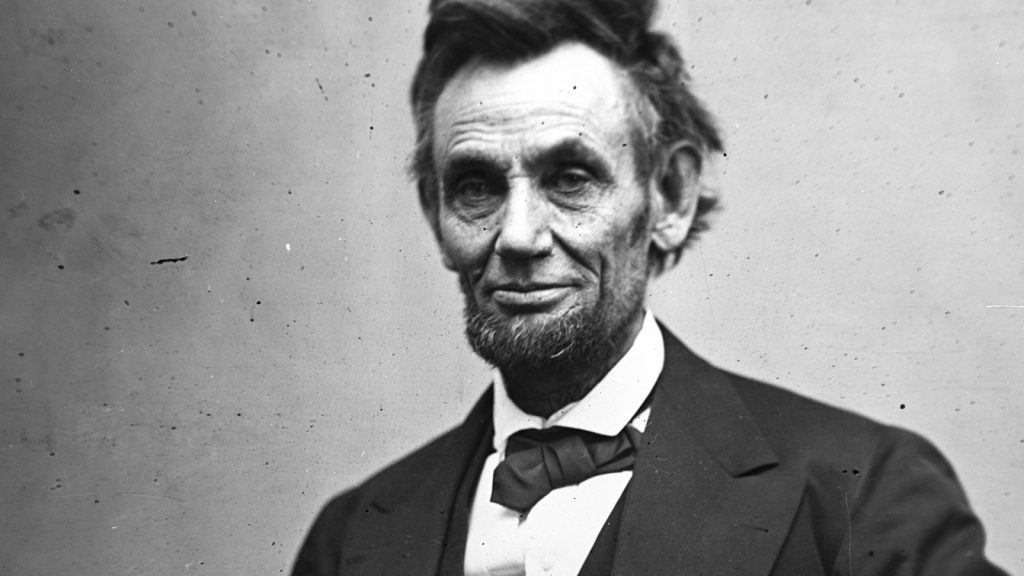
Source: INC
The 16th President of the United States, who even preserved the Union during the American Civil War and brought about the emancipation of enslaved people in the United States. Lincoln served on the Illinois State Legislature for several terms. During that time he studied law and began to work as a lawyer. He put the legal aspect into the political aspect during its tenure.
Barbara Jordan
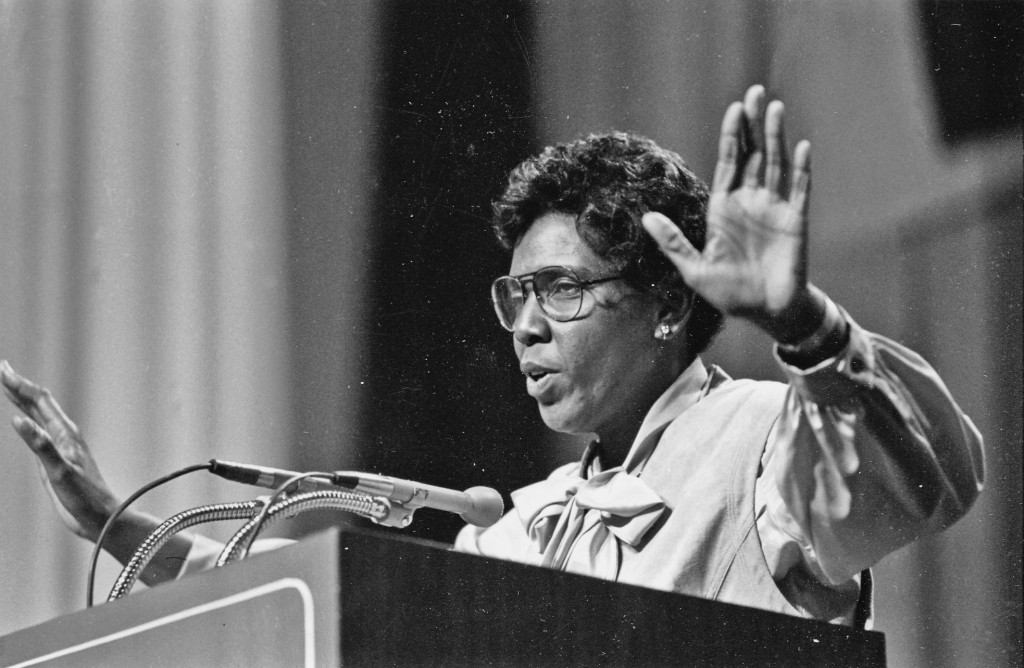
Source: History.com
The American lawyer, educator, and politician who served as U.S. congressional representative from Texas. She was the first African American congresswoman to come from the South. Jordan’s success in Texas politics came from her knowledge of and adherence to the rules of the political process, mainly focusing on environment, antidiscrimination clauses in state business contracts, and urban legislation, the political challenge in a state dominated by rural interests.





